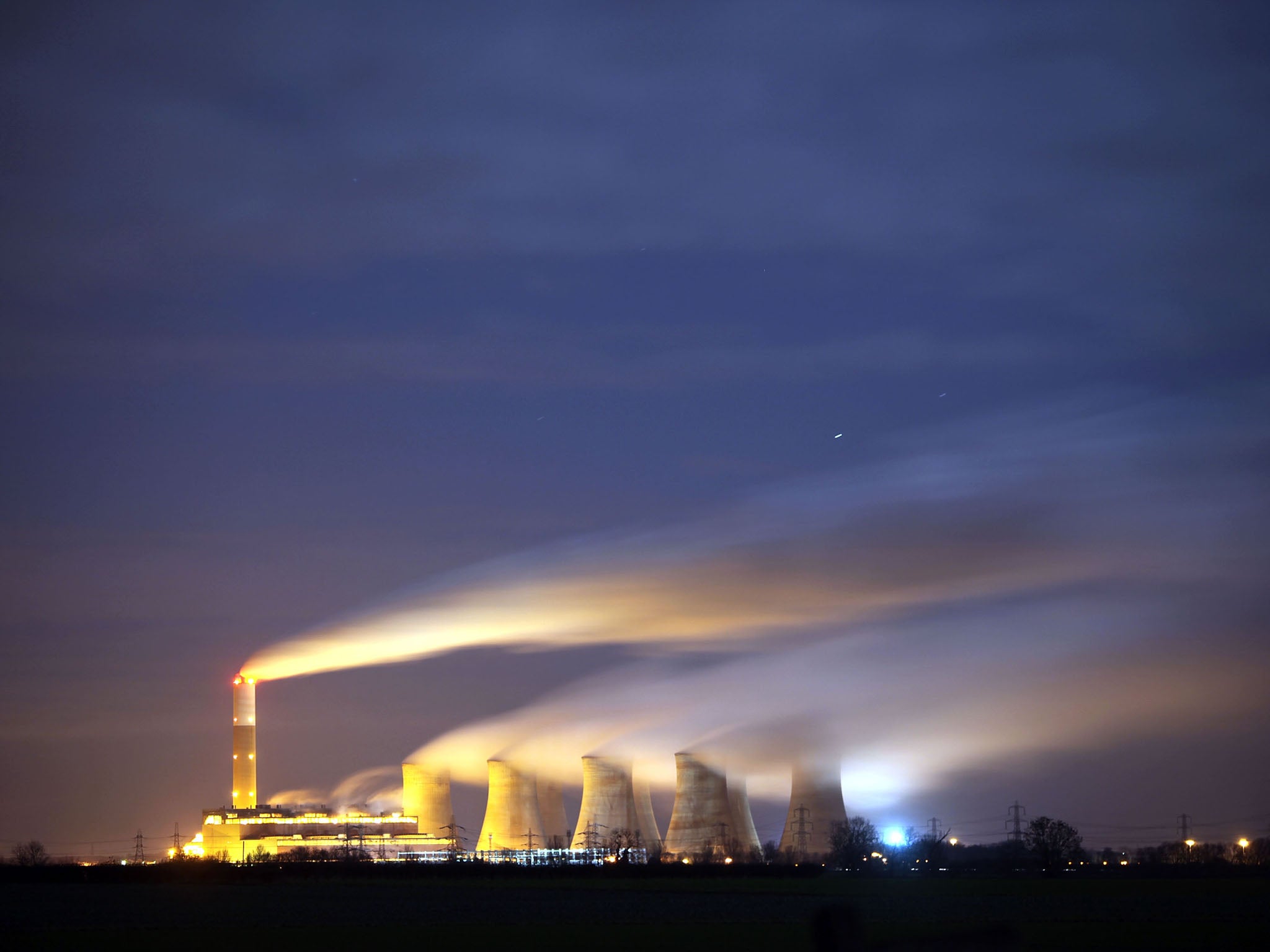World Bank warns of '4 degree' threshhold

Your support helps us to tell the story
From reproductive rights to climate change to Big Tech, The Independent is on the ground when the story is developing. Whether it's investigating the financials of Elon Musk's pro-Trump PAC or producing our latest documentary, 'The A Word', which shines a light on the American women fighting for reproductive rights, we know how important it is to parse out the facts from the messaging.
At such a critical moment in US history, we need reporters on the ground. Your donation allows us to keep sending journalists to speak to both sides of the story.
The Independent is trusted by Americans across the entire political spectrum. And unlike many other quality news outlets, we choose not to lock Americans out of our reporting and analysis with paywalls. We believe quality journalism should be available to everyone, paid for by those who can afford it.
Your support makes all the difference.The World Bank is urging stepped-up efforts to meet world carbon reduction goals after looking at what it says would be the catastrophic consequences if average world temperatures rise more than 4 degrees Celsius (7.2 degrees Fahrenheit) by the end of the century.
In what World Bank President Jim Yong Kim acknowledged was a "doomsday scenario," a new bank study cited the 4 degree increase as a threshold that would likely trigger widespread crop failures and malnutrition and dislocate large numbers of people from land inundated by rising seas.
World climate goals aim to hold the mean temperature increase to under 2 degrees Celsius, by curbing emissions of greenhouse gases that trap heat — a phenomenon already felt to have boosted average temperatures nearly 1 degree from levels present before the start of the industrial age, Kim said in a briefing last week.
That goal is unlikely to be met, he said, with an increase of 3 or 3.5 degrees Celsius now considered probable.
The report noted that a drop in average temperature of around 4.5 degrees Celsius (8.1 degrees Fahrenheit) triggered the last ice age, and it predicted that a temperature increase of that magnitude would similarly reshape the planet.
In looking at the effects of a 4 degree increase, Kim said the bank was hoping to spark countries to act more aggressively to achieve climate goals and to prompt poorer nations to begin planning ways to offset the long list of potential impacts.
Those could include sea levels as much as 3 feet higher than currently expected — a potentially devastating problem for large coastal cities in Asia and Africa. Warming on such a scale could also limit access to fresh water for irrigation and cause heat, drought and disease problems that could make it more difficult to meet world food demands and improve health.
"The kind of sea level rise we are talking about is going to make the process of urban planning and services to the poor absolutely fundamental," said Rachel Kyte, the World Bank's vice president for sustainable development. "The race to heat resistant and drought resistant strains [of staple food crops] becomes fundamental."
Kyte said the bank has begun more intense and frequent talks with poorer nations over how to prepare for climate change — usually at the instigation of officials who have seen the effects of more intense weather and climate patterns and now feel they need to plan for the worst.
Countries such as Nigeria, Vietnam and Thailand "are coming and saying help us think through the options," said Kyte. "This is an absolute change in the conversation we are having with our clients."
The bank's report, "Turn Down the Heat," cast some doubt on how much can be done to avoid the worst outcomes.
Predicting the course of the world's climate is difficult science, and it is impossible to forecast how technology, demographics and politics will shape what the world looks like in 90 years — regardless of the temperature.
But the bank report concluded that a 4 degree jump in average temperatures would push some countries or regions to the brink of collapse, regardless of how hard they try to adapt.
"A 4°C world is likely to be one in which communities, cities and countries would experience severe disruptions, damage, and dislocation," the bank report said. "There is no certainty that adaptation to a 4°C world is possible."
Join our commenting forum
Join thought-provoking conversations, follow other Independent readers and see their replies
Comments